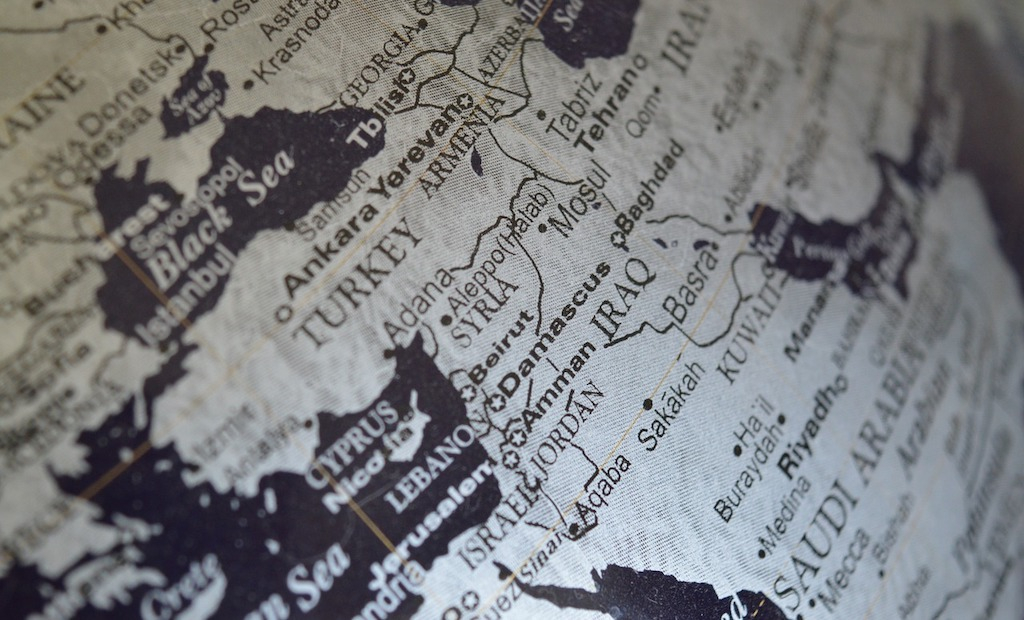Turkey closes borders as Kurd refugees fleeing IS hits over 100,000

Turkey has started closing some of its border crossings with Syria in an attempt to subdue the number of Kurds leaving the country to fight the Islamic State (IS).
Kurds sympathising with the plight of the refugees protested passionately against the closures. Tear gas and water cannons were introduced by security forces at the border to try and control Kurds throwing stones towards them.
Kurdish passions were stirred by the PKK (Kurdistan Workers’ Party), an outlawed militant group who called upon Kurds to join the resistance against the IS campaign.
Until last year, the PKK had been embroiled in a decades-long conflict with the Turkish state over Kurdish political and cultural autonomy in the country. Turkey now fears that this most recent call to arms by the PKK will once again ignite tensions between Kurds and Turks, disrupting a brief, delicate period of harmony between the two.
So far, over 1.35 million Syrians have taken refuge in Turkey since the outbreak of the Syrian war in 2011. The past weekend alone has seen almost 130,000 refugees cross into Turkey following the advancement of IS forces near the town of Kobane, also known as Ayn al-Arab, located less than 10 miles from the border.
While most people have already fled the region leaving their homes and seeking sanctuary abroad, some Kurdish fighters have stayed put in order to meet the threats of IS militants, who have mainly attacked the minority groups in Iraq and Syria which are incompatible with their own extremist form of Islam. The groups include Yazidis, Christians, Alawites, and Shia Muslims. Those caught by the IS have been told to convert to Jihadism or face death.
The US, which has stepped up its air campaign against the IS in Iraq, has stated it intends to enact similar assaults upon IS militants in Syria, despite not having permission to do so from the Syrian president, Bashar al-Assad.
In a statement the US president Barack Obama mentioned that he will not consider direct infantry involvement in Syria or Iraq, but instead vowed to provide arms and training to local forces participating in the fight against IS.
Eoin O’Sullivan-Harris






















Facebook
Twitter
Instagram
YouTube
RSS